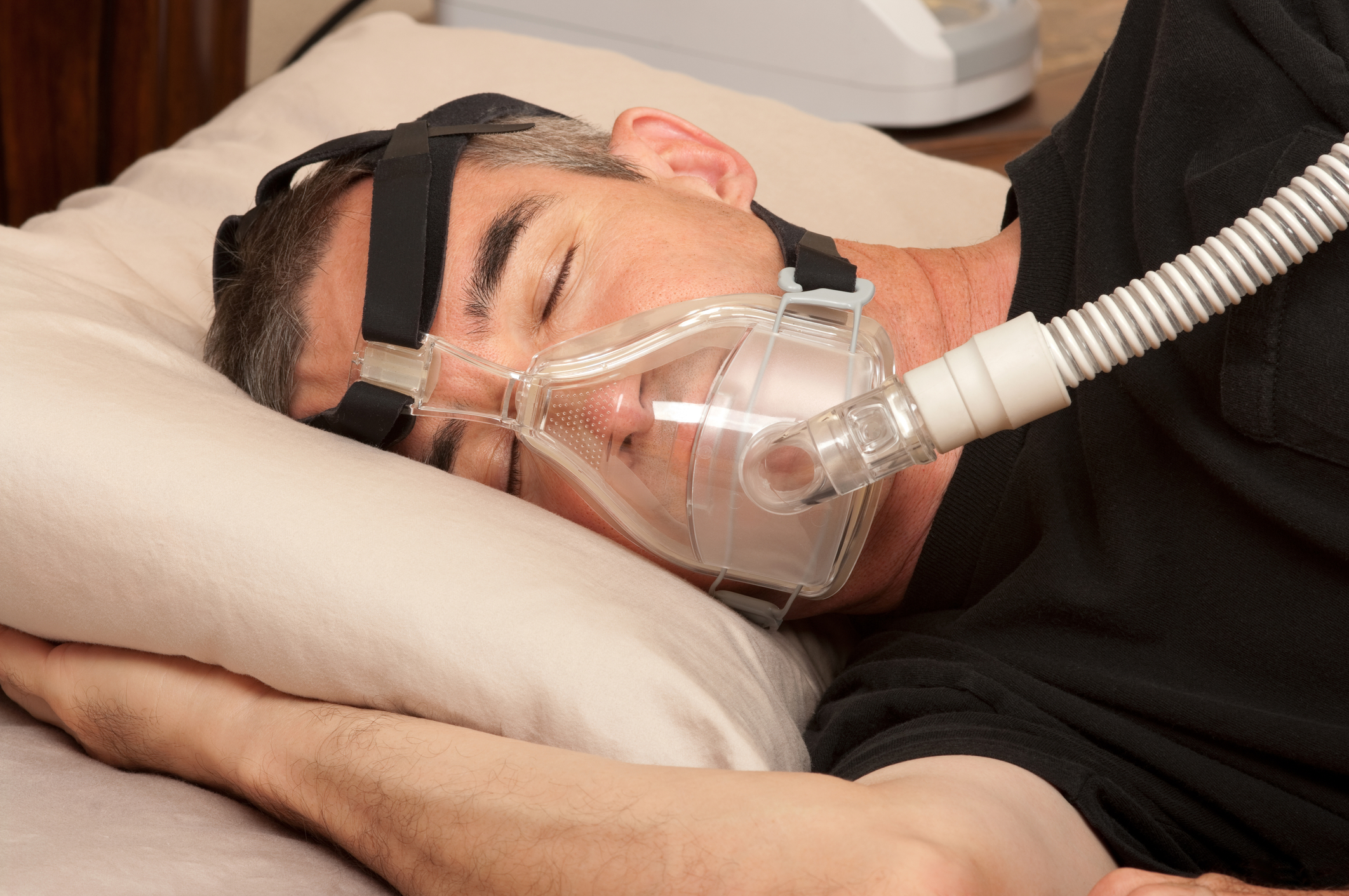Sifting through the Night: Top 5 Ways Snoring Intrudes Upon the Tranquillity of Sleep
Let's demystify the nocturnal intruder that's infamous for disrupting the tranquility of sleep - Snoring. This occurrence is often associated with a series of health implications ranging from mild to severe. It can occur intermittently or persistently, having a significant, often negative, impact on the quality of sleep. Understanding the sources of this sudorific sound is the first step to reclaiming the serenity of our nights.
Snoring is primarily provoked by the vibration of tissues in the throat prompted by turbulent airflow during breathing. This results in a symphony of sounds that can range from gentle whispers to loud roars. The disruptive nature of these sounds can alter the quality of sleep not only for the snorer but also for anyone within earshot.
In addition, studies reveal snoring might be more than just an inconvenience. It's often indicative of underlying health concerns, notably Obstructive Sleep Apnea (OSA), where breathing repeatedly stops and starts during sleep. OSA can lead to heart problems, hypertension, stroke, and cognitive dysfunction, outlining the severe impacts snoring can impose on overall health.
The Domino Effect: How Snoring Disturbs Sleep Cycles

One might wonder, "How does snoring intrude upon the tranquillity of sleep?" The answer lies in the intricate structure of our sleep cycles. Physiologically, our body needs to go through several stages of sleep to replenish energy and maintain health.
Snoring, particularly due to OSA, can disrupt the smooth transition between these stages. It often induces fragmented sleep causing the person to frequently shift between sleep stages without reaching the restorative phases hence, influencing daytime functionality, performance, and overall health.
Mental Health Intrusion

Beyond physical health detriments, snoring's intrusion extends to the realm of mental health as well. By interrupting the restorative phases of sleep, it hampers the neurocognitive functions resulting in mood swings, irritability, anxiety, and depression.
Moreover, the disturbance created by snoring escalates relationship stress, as bed partners often suffer from disturbed sleep. The cumulative effect of this can lead to elevated tension, decreased closeness, and even marital discord.
Productivity & Performance Impairment

Another territory where snoring signals its unwanted presence is in productivity and performance. Insufficient and fragmented sleep due to snoring can lead to daytime sleepiness, impaired concentration, and low energy levels. Consequently, it can drastically influence workplace or school performance, curbing productivity levels.
Aside from personal productivity, professional fields where alertness and concentration are mandatory - such as transportation or healthcare - may face severe consequences, making snoring a public safety issue as well.
Anti-Snoring Solutions for Tranquil Nights

Despite the intrusive nature of snoring, the world of sleep science has not left us battling this opponent unarmed. Several evidence-backed solutions exist, which include lifestyle modifications, positional therapies, oral appliances, and therapies like Continuous Positive Airway Pressure (CPAP).
These interventions, tailored to the individual's needs, can significantly reduce or eliminate snoring, reinvigorating the concept of tranquil nights. By understanding and addressing snoring, we move towards healthier sleep cycles, better productivity, and enhanced physical and mental well-being.
Awakening to the Silence - The Importance of Addressing Snoring

Eradicating the discordant notes of snoring from our nights expands into more than just acquiring good sleep. It's about embracing a holistic lifestyle that prioritizes health, harmony in relationships, and optimized productivity. At its core, comprehending the intrusions snoring can impose and endeavoring to alleviate it is a testament to the fundamental human drive towards better well-being.